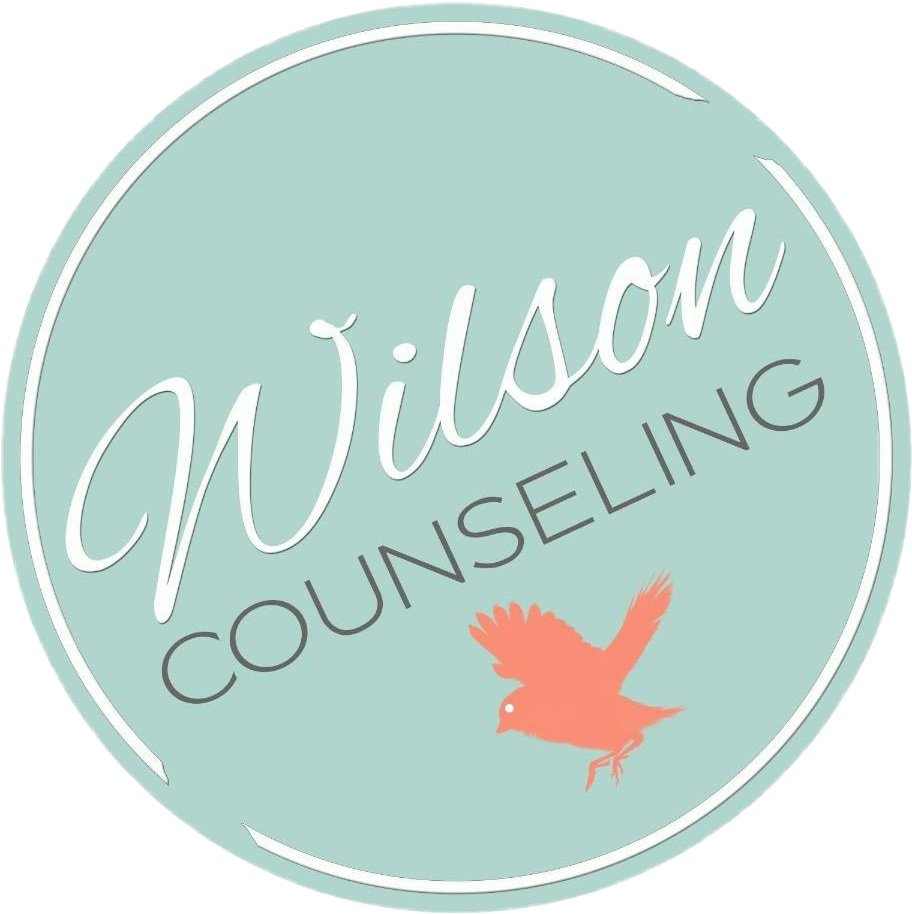*Updated January 2024
Science is cool. It teaches us many things including how to live more joyful, healthier lives. Being a therapist, I get excited when I learn about the science behind what makes people happy. This sounds like flaky stuff, but to me, it is some of the most worthwhile stuff of life. Scientists are confirming something that we inherently know on an intuitive level. Hugs are good for you! Okay, this is not exactly breaking news, but what is interesting is how healing hugs can be and how many benefits you get from this simple, beautiful gesture.
Why do hugs make you feel happy?
According to the National Institutes of Health, when you hug someone, it triggers the brain to release a pleasurable chemical called oxytocin. "Oxytocin does more than make us feel good. It lowers the levels of stress hormones in the body, reducing blood pressure, improving mood, increasing pain tolerance, and perhaps even speeding up how fast wounds heal. It also seems to play an important role in our relationships. It’s been linked, for example, to how much we trust others." All of that from a hug! Here, and here are other articles that discuss the benefits of hugs.
Benefits that come from hugs
Psychology recognizes various benefits associated with hugs. There is a profound impact of physical touch on mental, emotional, and physical well-being. Here are some key insights into the psychological benefits of hugs:
Stress Reduction:
Hugging has been linked to the release of oxytocin, often referred to as the "love hormone" or "bonding hormone." Oxytocin promotes feelings of connection and reduces stress levels, contributing to an overall sense of well-being. That is a big part of why hugs feel so good. If you pay attention to your body when you are hugging someone, you might notice this chemical coursing through you.
Mood Enhancement:
Hugs can stimulate the release of endorphins, which are neurotransmitters associated with feelings of pleasure and happiness. This can lead to an improved mood and a sense of comfort.
Social Connection:
Hugging fosters a sense of connection and social support. It strengthens interpersonal bonds, whether between friends, family members, or romantic partners, promoting a feeling of security and belonging. Hugs represent a physical symbol of what you may be feeling emotionally. It can be a demonstration of care, love, friendship, or some kind of connection.
Reduced Anxiety:
The calming effect of hugs can help reduce feelings of anxiety. Physical touch, especially through hugging, has been shown to lower cortisol levels, which are associated with stress.
Improved Relationships:
Regular physical touch, including hugging, is linked to the quality of relationships. It enhances feelings of trust, empathy, and intimacy, contributing to healthier and more satisfying connections with others.
Enhanced Emotional Well-being:
Hugs provide a non-verbal form of emotional expression. They can convey support, empathy, and care, creating a sense of emotional security and reassurance.
Lower Blood Pressure:
Physical touch, such as hugging, has been associated with lower blood pressure. The calming effect may contribute to cardiovascular health by reducing stress-related responses in the body.
Boosted Immune System:
Some studies suggest that the positive effects of hugs on stress reduction and emotional well-being may contribute to a strengthened immune system. A healthier immune system can lead to better overall health.
Pain Relief:
Hugging may have pain-relieving effects due to the release of endorphins, which can act as natural painkillers. It is particularly relevant in situations where emotional support can alleviate physical discomfort. If you are struggling with chronic pain, Our Houston therapists offer EMDR therapy for chronic pain which can also be effective.
Enhanced Self-esteem:
Feeling physically connected and supported through hugs can contribute to an individual's sense of self-worth and esteem. The positive social interactions associated with hugs can boost confidence and a positive self-image.
It's important to note that individual preferences for physical touch may vary, and consent and comfort should always be prioritized. While hugs can offer significant psychological benefits, it's essential to be mindful of personal boundaries and cultural differences in comfort with physical contact.
Hugs are especially important to babies and children. Some research suggests that well-hugged babies make for less stressed adults.
And the list goes on and on.
How many hugs do we need?
One hug a day is not sufficient. Four is kind of a minimum, but eight or nine a day would be ideal. Resolve today to give and receive more physical affection in general and hugs in particular. It costs so little but gives so much. And when you give that full frontal, warm, stress-releasing hug, lean in and feel yourself existing in the sweet, calming moment. I feel happy just thinking about it.
The advice in this blog is not a substitute for professional counseling.
OTHER THERAPY SERVICES WE OFFER IN HOUSTON, TX
In addition to anxiety treatment and family therapy, we have other mental health services that we offer at our Houston, TX counseling office. Our services are available for adults, children, and teens. For individuals, we offer Couples and Marriage Therapy, Eating Disorder Therapy, School and College Counseling, Trauma Therapy, PTSD Treatment, and Infertility Counseling. As well as EMDR Therapy, and LGBTQ+ Counseling. Our caring therapists also offer Career Counseling, and LPC Supervision. All of these services are also available through Online Counseling throughout Texas.
Contact us at Wilson Counseling to find out more about our services or to schedule an appointment. You can find out more about eating disorder counseling here. You don't have to go through this alone. We are in this together.




